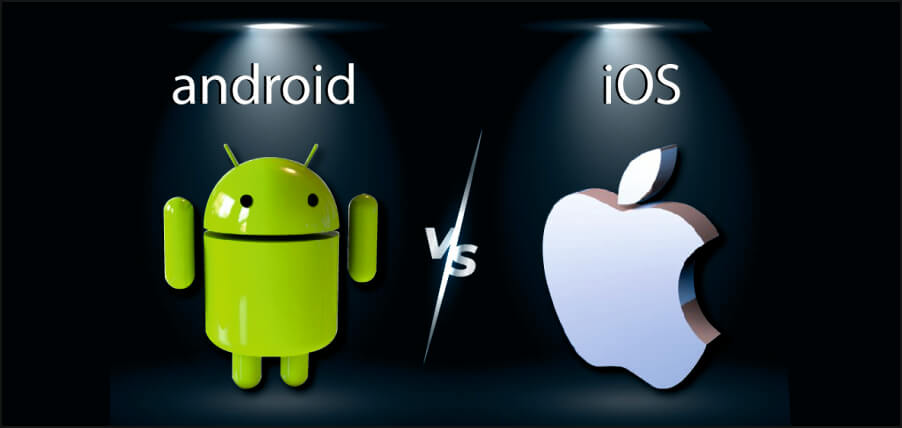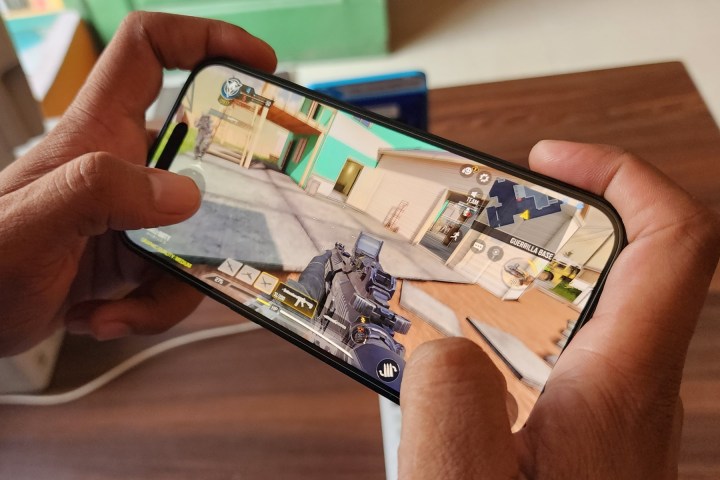ANDROID VS IPHONE: WHO IS THE BEST ?
Android and iPhone running iOS are the two most popular smartphone operating systems on the market. Both have their own unique features and capabilities, and choosing between the two can be a difficult decision for many people. In this article, we will compare Android and iOS in terms of their user interface, app selection, performance, and security to help you decide which one is right for you in 2023
ANDROID VS IOS:
Design and Interface:
One of the most obvious differences between Android and iOS is their design and user interface. Android devices have a more customizable interface, with options to change the home screen, app icons, and overall theme. This allows for more personalization, and users can tailor their device to their own preferences. The iPhone, on the other hand, has a more uniform interface with less room for customization. This can be seen as a positive or negative, depending on the user's preference.APP SELECTION:
PERFORMANCE:
GAMING PERFORMANCE:
In general, iOS devices tend to have more consistent performance when it comes to gaming due to Apple's strict hardware and software guidelines for developers. However, Android devices can vary widely in terms of performance due to the diverse range of hardware and software available. Additionally, some high-end Android devices can match or even surpass the performance of iOS devices.
It's important to note that game developers may prioritize iOS over Android when it comes to the initial release of their game, but eventually both platforms will get the same support and updates.
Ultimately, the performance of a game on an Android or iOS device will depend on the specific device and the game in question.
CAMERA PERFORMANCE:
Security:
Security is a vital consideration when it comes to mobile operating systems. Both Android and iOS have robust security features, but there are some differences to take into account. Android has a more open-source platform, which can make it more vulnerable to security threats. However, it also means that there are more options for security software and apps. iOS, on the other hand, is a closed-source platform, which makes it more secure by default. However, it also means that there are fewer options for security software and apps.In conclusion, both Android and iOS have their own unique features and advantages. The decision ultimately comes down to personal preference and needs. Android offers more customization and a wider selection of apps, while iOS is more secure and has a longer battery life. It's important to weigh the pros and cons of each platform and choose the one that best suits your needs.







0 Comments